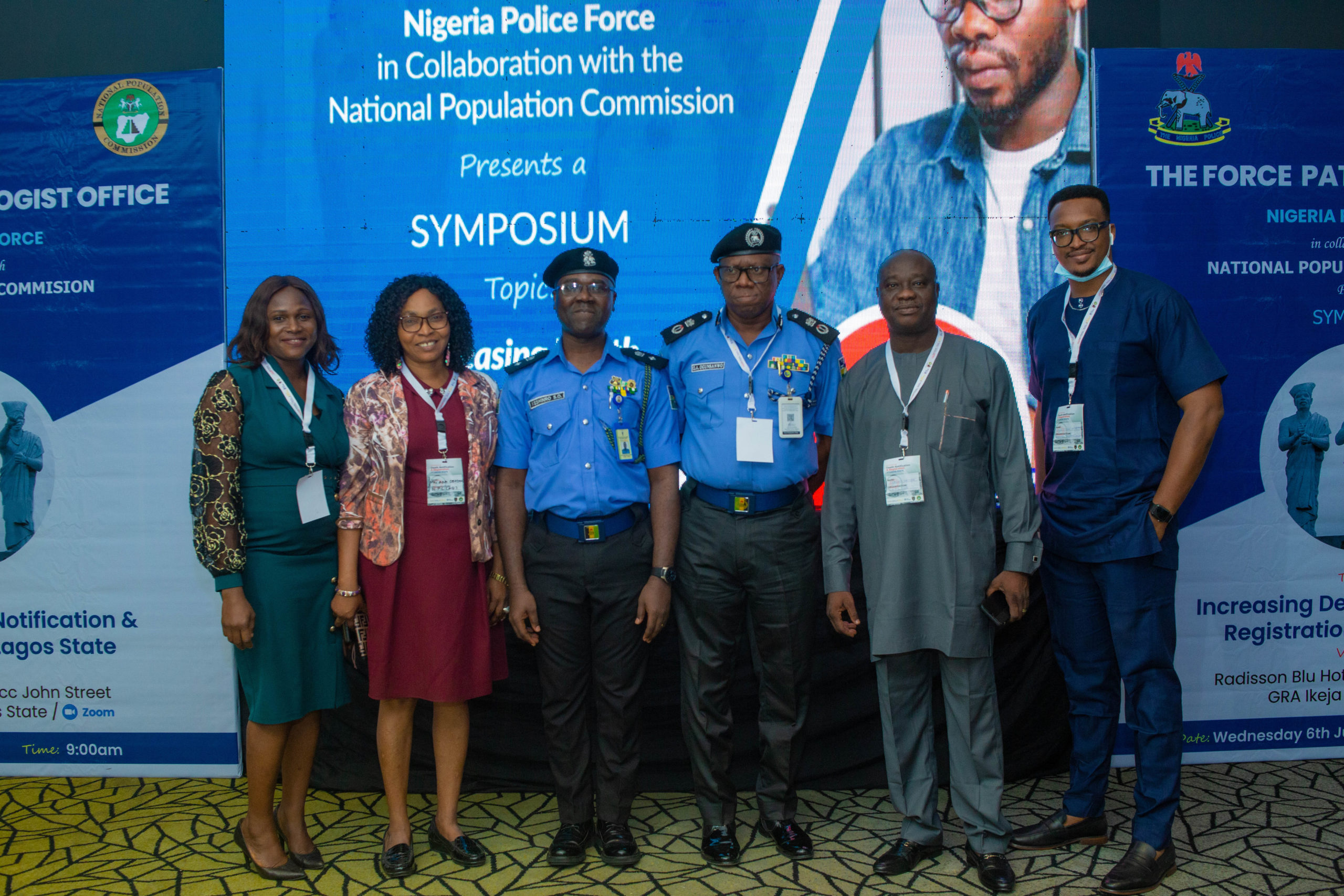Since its launch in 2019, Vital Strategies’ Global Grants Program, part of the Bloomberg Philanthropies Data for Health Initiative, has amplified its mission through cross-country exchange—a pillar of the program’s approach to support well-informed public health policies, and one that is gaining momentum.
Most recently, Civil Registration and Vital Statistics (CRVS) project teams from the Gambia and Nigeria came together to share their experiences strengthening community birth and death registration systems. The CRVS project in Nigeria, which is working toward improving birth registration systems by leveraging community health workers, had specific technical and operational questions for the Gambia team, which conducted a similar project using community-based volunteers for birth and death registration. They learned from the Gambia team how birth certificates were issued and returned to parents through community volunteers and mass registration events, and about costs associated with their mobile phone networks used for communication. In the Lower River Region, where Gambia’s effort was focused, community volunteers registered over 3,200 births, an increase of 186% over the previous year for children under the age of one.
Get Our Latest Public Health News
Join our email list and be the first to know about our public health news, publications and interviews with experts.
With a range of targeted initiatives across all of Vital’s Data for Health programmatic areas—Data Impact, CRVS and Cancer Registries—the Global Grants Program is well situated to promote cross-country sharing and technical exchange so supported projects have access to the technical guidance and cross-country connections they need to meet their objectives. As the number of projects grows, so, too, do the instances of cross-country exchange. Since the beginning of 2022, nearly 20 cross-country exchange activities have taken place among program countries, including Ghana and Nigeria, Brazil and Guinea Bissau, and Peru and Paraguay. In addition to these exchanges, current and former focus countries have acted as mentors and technical assistance providers to current Global Grants Project teams, sharing practical suggestions and lessons learned.
In July, the Global Grants Program hosted a technical exchange session focused on verbal autopsy, which brought together more than 45 people from 18 different countries. The session included updates and lessons learned, an overview of the current activities of the Verbal Autopsy Reference Group, an international group led by WHO, and a general discussion on implementation, enriching the experience of country partners and developing synergies. Among the topics was a discussion of reasons why verbal autopsy is the best available method for diagnosing cause of death in settings where many deaths occur outside of medical care facilities.
Vital Strategies’ Global Grants team has also observed that several projects originally focused on one particular program area have broadened in scope to incorporate other areas. For instance, in Guinea-Bissau, a CRVS project that focused on increasing data quality is linking its work to a Data Impact project that will be published in an epidemiological bulletin. And work in Fiji that was initially designed to strengthen CRVS systems is now going a step further, beginning the process of writing a vital statistics report, with support from Data Impact partners. A similar transition is underway in Lesotho: the team will be working with Vital Strategies to use the data collected from a rapid mortality surveillance project that was supported by the U.S. Centers for Disease Control and Prevention.
By promoting cross-country collaboration and experience sharing among countries and with Data for Health partners, Global Grants Program projects further improve the data systems and processes in the countries where they work. This approach empowers country teams by reinforcing the value of their experiences, lessons learned, and the progress that they have made toward their own objectives.
For questions regarding the Global Grants Program or the funding application, please contact GGPInfo@vitalstrategies.org.
The Data for Health Initiative is a global effort supported by Bloomberg Philanthropies and the Australian Department of Foreign Affairs and Trade. It provides technical assistance to partner countries worldwide to improve public health data systems at the national level, including improving civil registration and vital statistics systems, maximizing the use of data to enhance public health policymaking and decision-making, establishing and strengthening national cancer registries, and more. Vital Strategies serves as an implementing partner.
